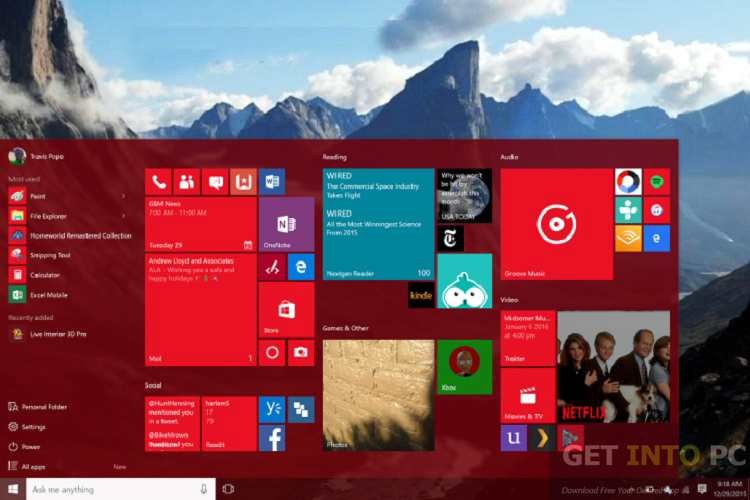

Not only is VirtualBox an extremely feature rich, high performance product for enterprise customers, it is also the only professional solution that is freely available as Open Source Software under the terms of the GNU General Public License (GPL) version 2. See " About VirtualBox" for an introduction.

Presently, VirtualBox runs on Windows, Linux, Macintosh, and Solaris hosts and supports a large number of guest operating systems including but not limited to Windows (NT 4.0, 2000, XP, Server 2003, Vista, Windows 7, Windows 8, Windows 10), DOS/Windows 3.x, Linux (2.4, 2.6, 3.x and 4.x), Solaris and OpenSolaris, OS/2, and OpenBSD. VirtualBox is being actively developed with frequent releases and has an ever growing list of features, supported guest operating systems and platforms it runs on. Xeon 5600, Xeon 3600, Core i7-970, Core i7-980, Core i7-990)įor a complete list of supported host and guest the operating systems visit the VMware Compatibility Guide.VirtualBox is a community effort backed by a dedicated company: everyone is encouraged to contribute while Oracle ensures the product always meets professional quality criteria. Intel processors based on the 2010 “Westmere” micro-architecture (e.g.In addition, the following CPUs are supported: Systems using AMD processors based on the “Llano” and “Bobcat” micro-architectures (e.g.Systems using Intel Atom processors based on the 2012 “Saltwell” micro-architecture (e.g.Intel Atom processors based on the 2011 “Bonnell” micro-architecture (e.g.*With exception, the following CPUs are not supported: GNU/Linux with NVIDIA drivers that support OpenGL 4.5 and above.For Linux hosts, AMD devices are not supported.For Linux hosts, the latest NVIDIA proprietary drivers are required.For Windows hosts, a GPU that supports DirectX 11 is required.

Minimum Requirements to Dark Theme support on Workstation Windows Host Operating Systems:įor 3D Hardware Accelerated Graphics Support: Minimum Requirements to Run Container Runtime on workstation Windows Host Operating Systems:


 0 kommentar(er)
0 kommentar(er)
